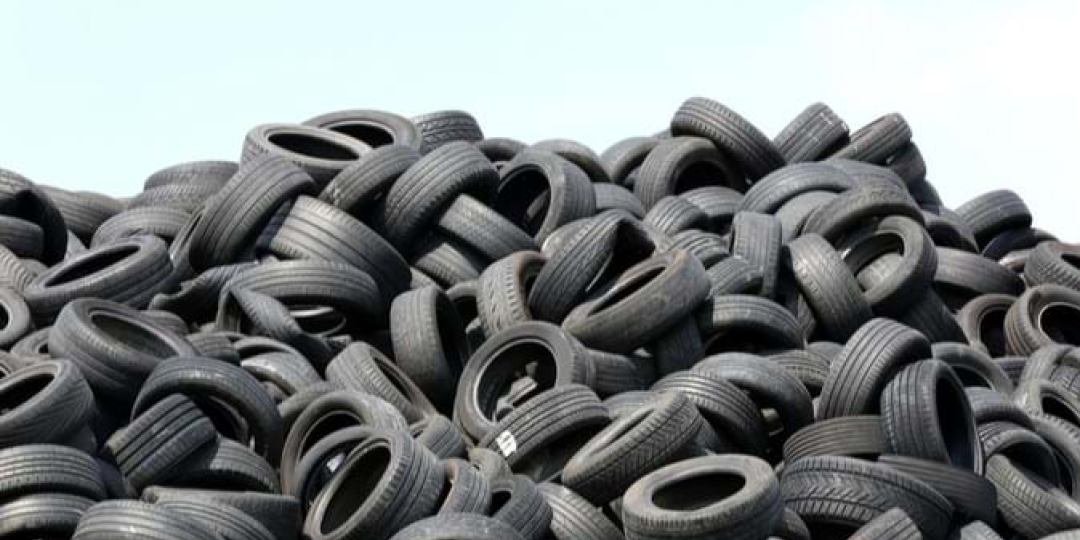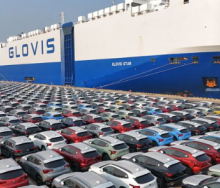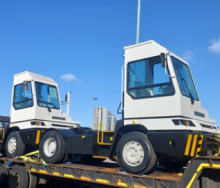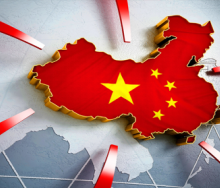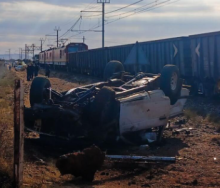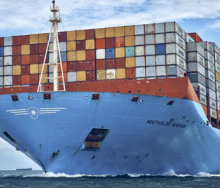The Recycling and Economic Development Initiative of South Africa (Redisa) has approached the Pretoria High Court to review and set aside government's Industry Waste Tyre Management Plan (IWTMP).
Redisa said in a statement on Wednesday that it had taken legal action as a last resort in the strong belief that the plan posed a serious environmental and economic threat to citizens.
According to Redisa the plan infringes on the rights of South Africans to a conserved and protected environment, as enshrined in the Constitution.
Previous Minister of Forestry, Fisheries and the Environment, Barbara Creecy, approved the plan in March, but Redisa has argued that it is “an unlawful, irrational, unreasonable and procedurally unfair administrative action”.
"We have taken this step as last resort. Nobody wants to be part of expensive and protracted legal battles, but a continuation of the course this plan sets for the management of waste tyres would be disastrous," said Redisa CEO, Hermann Erdmann.
Redisa has argued that the IWTMP is flawed in its conception and incapable of meeting its required purpose and that “in the highly unlikely event that it is successfully implemented, it would have destructive socio-economic consequences”.
“When creating the IWTMP, the previous minister chose to legislate in the dark. The plan sets unachievable and unrealistic targets, failed to use the information and projections that were available, and lacks any budgetary detail – for instance, its failure to usefully incorporate the waste tyre levy is deeply concerning,” said Redisa.
Redisa has also argued that the creation and approval of the plan was procedurally flawed and that notices were published irregularly and important documents and information sources were not made available during the public participation process.
“A critical element of establishing a circular economy, namely utilising recycling to create new markets to absorb the new products, does not feature in the IWTMP.”
Waste tyres offer economic potential through processes for re-use in other industries. These include crumbing (producing rubber granulate to make a range of products such as paving bricks and insulation sheeting), waste-to-energy (as a fuel), and craft-based products (such as shoes and household items).
“Not utilising these recycling avenues is a lost opportunity and has a detrimental effect to many in the waste industry,” it said.
Erdmann said the country produced at least 170 000 tonnes of waste tyres a year.
“They end up in landfills, storage facilities, left all over our landscape, and are often burned informally to get scrap steel, which is then sold. The toxins and pollutants that waste tyres release when improperly burned poison the air, water and soil,” he said.
Storing waste tyres also creates a major fire hazard. The devastating fire last year at the Biesiesvlei Waste Tyre Storage Depot in Lichtenburg delivered a dire warning about the fact that waste tyre depots are dangerously overburdened and the recycling of tyres is mismanaged.
"If, in this context, a new and dysfunctional waste tyre plan is to be implemented, the consequences will be terrible. Regardless of legal processes, we wish to engage with all stakeholders who are interested in avoiding further ecological damage arising from waste tyres," said Erdmann.
Currently, waste tyre management is controlled by the Department of Forestry, Fisheries and the Environment's Waste Management Bureau.
From 2013 to 2017 Redisa, a non-profit company, managed waste tyres in South Africa. It built 22 tyre collection centres, employed more than 3 000 people, created 226 small waste enterprises, and offset 59 000 tonnes of CO₂ emissions.
It empowered unskilled workers and emerging entrepreneurs and won two international awards for putting the country on course to establish a circular economy in the waste tyre stream, establishing the prospect of duplicating the success in other waste streams.
